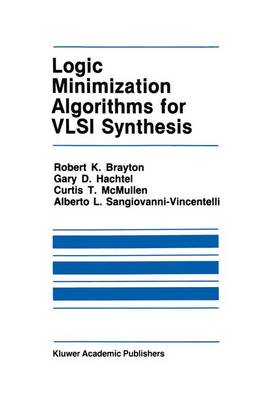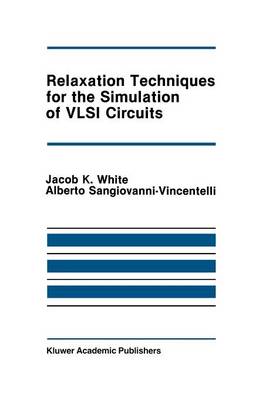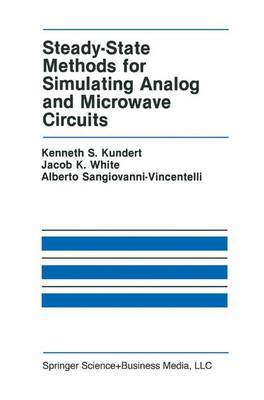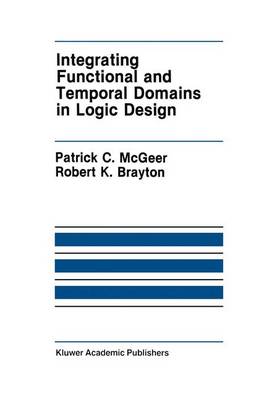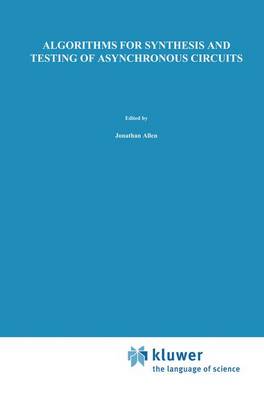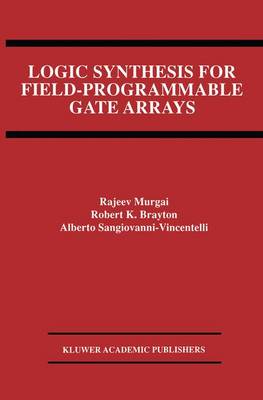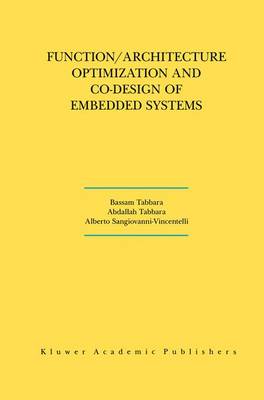The Springer International Series in Engineering and Computer Science
8 primary works
Book 2
Logic Minimization Algorithms for VLSI Synthesis
by Robert K. Brayton, Gary D. Hachtel, C. McMullen, and Alberto L. Sangiovanni-Vincentelli
Book 20
Relaxation Techniques for the Simulation of VLSI Circuits
by Jacob K. White and Alberto L. Sangiovanni-Vincentelli
Book 94
Steady-State Methods for Simulating Analog and Microwave Circuits
by Kenneth S Kundert, Jacob K. White, and Alberto L. Sangiovanni-Vincentelli
Book 139
Integrating Functional and Temporal Domains in Logic Design
by Patrick C. McGeer and Robert K. Brayton
Book 232
Algorithms for Synthesis and Testing of Asynchronous Circuits
by Luciano Lavagno and Alberto L. Sangiovanni-Vincentelli
Book 270
Book 324
Logic Synthesis for Field-Programmable Gate Arrays
by Rajeev Murgai, Robert K. Brayton, and Alberto L. Sangiovanni-Vincentelli
Audience: A useful reference for VLSI designers, developers of computer-aided design tools, and anyone involved in or with FPGAs.
Book 585
Function/Architecture Optimization and Co-Design of Embedded Systems
by Bassam Tabbara, Abdallah Tabbara, and Alberto L. Sangiovanni-Vincentelli
Function/Architecture Optimization and Co-Design of Embedded Systems discusses the proposed function/architecture co-design methodology, focusing on design representation, optimization, validation, and synthesis. Throughout the text, the difference between behavior specification and implementation is emphasized. The current need in co-design to move from synthesis-based technology to compiler-based technology is pointed out. The authors describe and show how performing data flow and control optimizations at the high abstraction level can lead to significant size and performance improvements in both the synthesized hardware and software. The work builds on bodies of research in the silicon and software compilation domains. The aforementioned techniques are specialized to the embedded systems domain. It is recognized that guided optimization can be applied on the internal design representation, no matter what the abstraction level, and need not be restricted to the final stages of software assembly code generation, or hardware synthesis.
Function/Architecture Optimization and Co-Design of Embedded Systems will be of primary interest to researchers, developers, and professionals in the field of embedded systems design.
